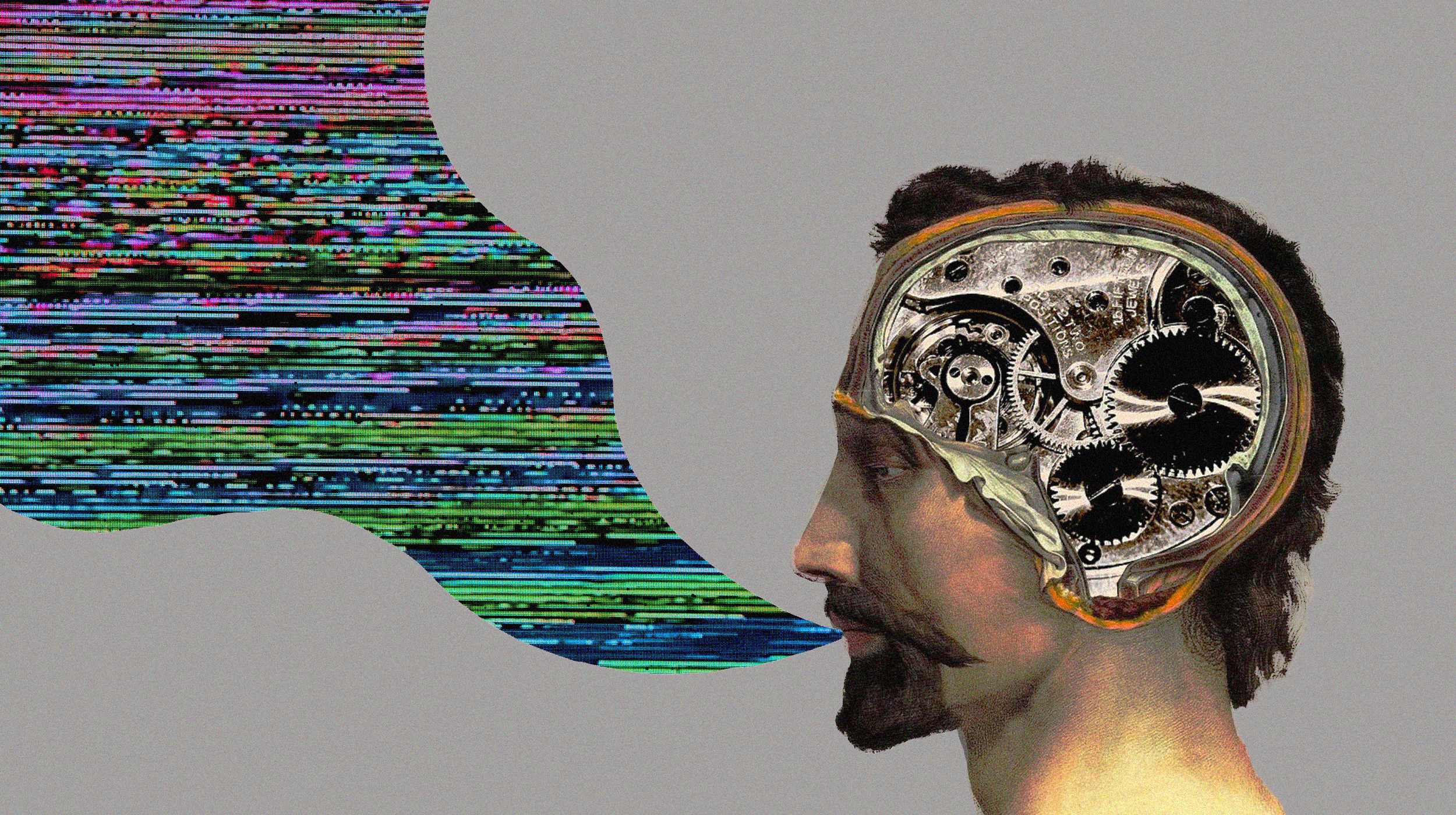Scotty Hendricks
Contributing Writer
Scotty Hendricks is a graduate student and long-time contributor to Big Think. He resides in Chicago.

Cow cuddling is getting ever more popular, but what’s the science behind using animals for relaxation?
How does philosophy try to balance having free will with living in a deterministic universe?
While not the first such minister, the loneliness epidemic in Japan will make this one the hardest working.
One million year old mammoth DNA more than doubles the previous record and suggests that even older genomes could be found.
A new model of plate tectonics offers a chance to look back a billion years with new found accuracy.
Life is absurd, that detail can be the start of a great many things.
Radar astronomy is nothing new, but a new transmitter may give us unprecedented image resolution.
How much of this can be linked to genetics?
People often make a killing in stocks, but there are other ways to potentially turn major profits.
The newly discovered galaxies are 62 times bigger than the Milky Way.
Knowing what to do is one thing, doing it is another.
A powerful new tool lights up the brains of worms, and may soon help draw maps of other animals brains.
A new survey shows who believes what and how it differs from what Americans believe as a whole.
A new antibiotic hits germs with a two pronged attack.
Two new studies shed light on who first inhabited the islands, who replaced them, and how few people lived there.
An excessive focus on past failures can make learning about new situtations more difficult.
While most of these deaths are driven by external factors, interventions can still help prevent them.
Other cultures can differ greatly from your own, but there are commonalties in the way we express emotions.
Planets can emit radio waves. For the first time, we’ve picked them up from outside the solar system.
Agriculture is responsible for a quarter of greenhouse emissions, but who pays for these environmental costs?
Carbon dating allows us to know exactly when ice was melted for drinking water in pre-Columbian America.
The vaccine just passed its first clinical trials, but it has a long way to go.
A new “evidence-based nature prescription program” will see patients spending time in the woods.
A new study finds that some people just want privacy.
MRI scans show that hunger and loneliness cause cravings in the same area, which suggests socialization is a need.
Never made a turkey before? Don’t worry, science can help.
A study of the Mosuo women, known for their matriarchy, suggests that gender roles can influence our health outcomes.
One of the world’s most isolated island groups has just been made one of the world’s largest ocean reserves.
All the fun of opening up a mummy, without the fear of unleashing a plague.
The new tool may someday be used in work that needs a light touch.





























